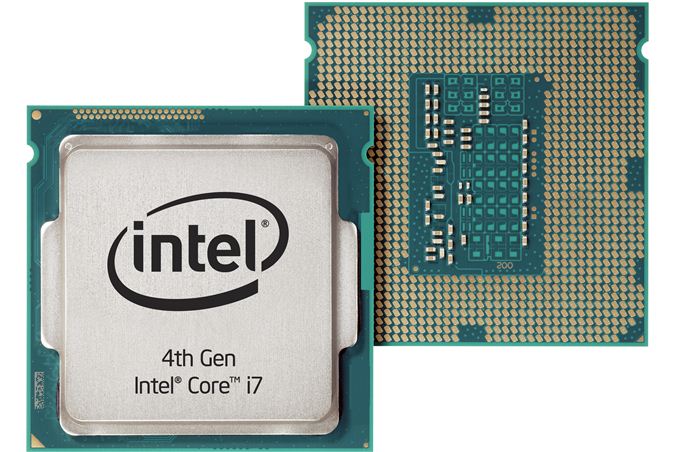Hooray!
Well, everything is awful. Initially, it seemed that Intel processors produced over the last might have a security flaw. The sort of flaw that might make it very easy for malicious programs to find, say, your passwords.
And since the kernel memory leak is severe, programmers are scrambling to fix it. And the really bad news? It’s going to ding performance to the tune of anywhere from 5%-30%, depending on the task. According to The Register:
These KPTI patches move the kernel into a completely separate address space, so it’s not just invisible to a running process, it’s not even there at all. Really, this shouldn’t be needed, but clearly there is a flaw in Intel’s silicon that allows kernel access protections to be bypassed in some way.
The downside to this separation is that it is relatively expensive, time wise, to keep switching between two separate address spaces for every system call and for every interrupt from the hardware. These context switches do not happen instantly, and they force the processor to dump cached data and reload information from memory. This increases the kernel’s overhead, and slows down the computer.
Your Intel-powered machine will run slower as a result.
Oh, but it gets worse. According to Intel’s statement, it’s not just Intel processors that are affected. In other words, regardless of manufacturer, your processor could have this bug.
Intel and other technology companies have been made aware of new security research describing software analysis methods that, when used for malicious purposes, have the potential to improperly gather sensitive data from computing devices that are operating as designed. Intel believes these exploits do not have the potential to corrupt, modify or delete data.
Recent reports that these exploits are caused by a “bug” or a “flaw” and are unique to Intel products are incorrect. Based on the analysis to date, many types of computing devices — with many different vendors’ processors and operating systems — are susceptible to these exploits.
2018’s off to a spectacular start, wouldn’t you agree?

